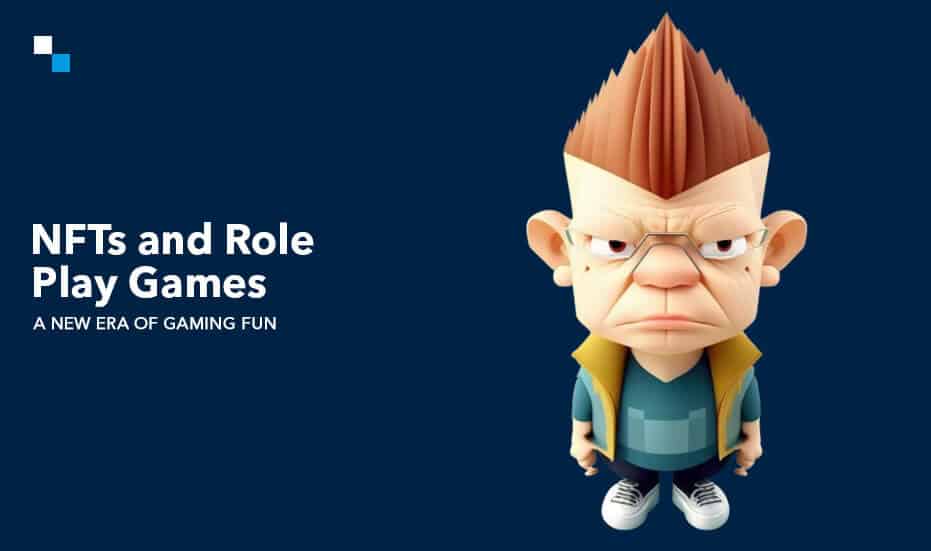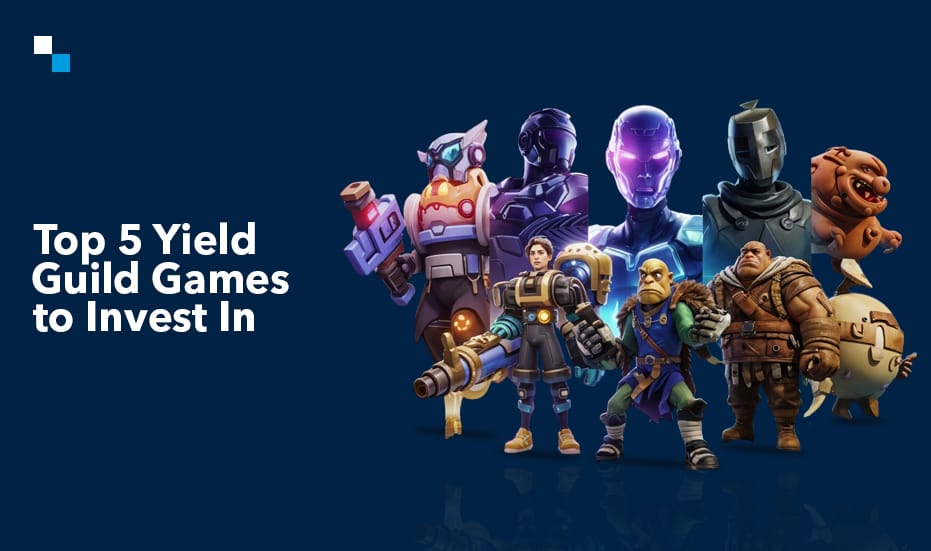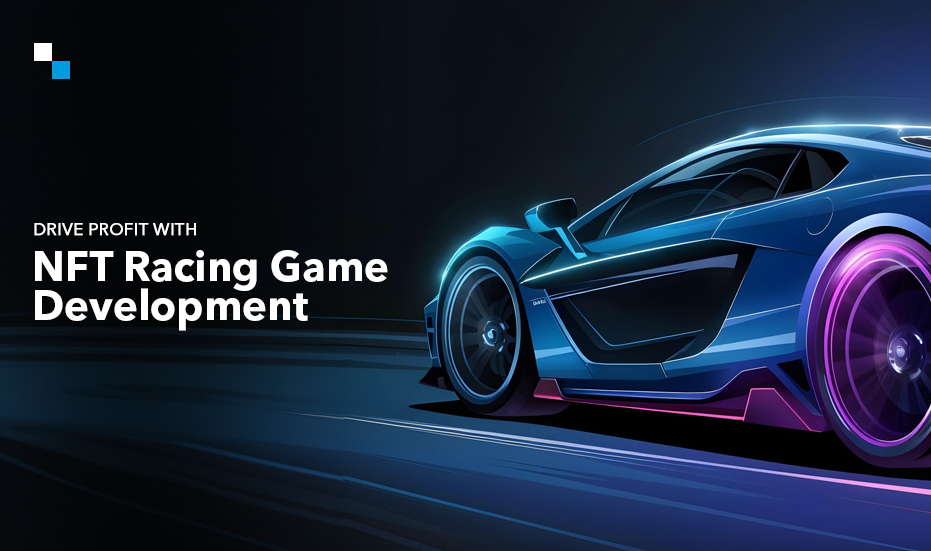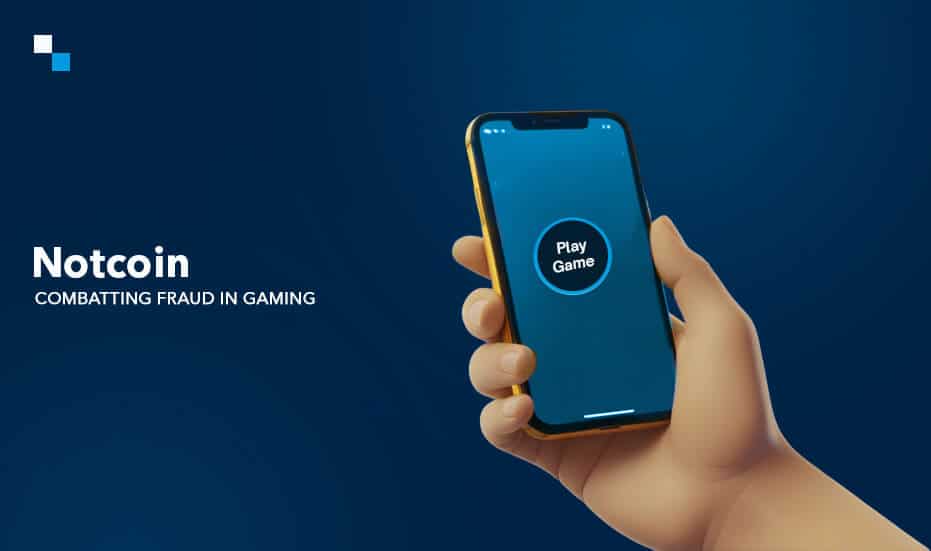
Indulge in IDO Launchpad Development Inspired by Solanium
May 9, 2024
Spot, Futures, and Margin Trading Exchange: A Brief Overview For Entrepreneurs
May 9, 2024For decades, Role-Playing Games (RPGs) have captivated players with immersive worlds, rich narratives, and the thrill of character progression. However, the rise of blockchain technology and NFTs brought a huge change in how role play game development is done, extending the concept of fun beyond pure DeFi mechanics. NFTs open up new possibilities for any role playing game development company by allowing it to create unique, in-game assets that can be owned, traded, and even monetized by players.
RPGs have long captivated players with their immersive storytelling, character development, and exploration of vast virtual worlds. However, the integration of NFT with role playing game development promises to elevate the gaming experience to new heights, offering players true ownership, scarcity, and transferability of in-game assets. It also introduces a new level of engagement, incentivizing players to invest time and resources into their virtual adventures.
Infusing Role Play Game Development with Fun: The Impact of NFT Integration
Here’s how NFT integration in RPGs makes a transformative impact:
1. Redefining In-game Ownership
At its core, the integration of NFTs in role playing game development introduces the concept of true digital ownership and scarcity. In traditional RPGs, players accumulate various in-game assets, such as weapons, armor, and collectibles, but these items are confined within the game’s ecosystem and have no real-world value or transferability. With NFTs, these virtual assets can be represented as unique, verifiable, and tradable tokens on the blockchain, allowing players to truly own and potentially monetize their in-game achievements.
2. Creating In-game Items
One of the key ways in which a role playing game development company can inject fun into RPG development by infusing NFTs is through the creation of rare and exclusive in-game items. Developers can mint limited-edition NFTs representing powerful weapons, legendary armor sets, or even unique playable characters. These scarce assets not only add an element of exclusivity but also foster a sense of achievement and pride among players who manage to acquire them. Players can showcase their rare NFTs within the game and potentially trade or sell them, creating a thriving in-game economy and introducing new layers of player interaction and engagement.
3. A New Dimension of Character Customization
Furthermore, NFTs can be integrated into character customization and progression systems, allowing players to truly personalize their virtual identities. Players can purchase or earn NFTs representing unique skins, armor sets, or skill upgrades, creating a visually distinct and personalized gaming experience. This sense of ownership and individuality fosters a deeper connection between players and their in-game avatars, enhancing the overall enjoyment and immersion.

Here’s how NFTs open doors for deeper character personalization, allowing players to express themselves like never before:
- Visually Unique Avatars: NFT-based character skins, outfits, or accessories can enable players to craft truly unique avatars that stand out within the game world. This personalization goes beyond aesthetics, allowing players to project their individuality onto their characters.
- Meaningful Progression: NFTs can represent milestones in character development. Imagine an NFT that evolves visually as your character levels up, showcasing your dedication and progress. This tangible representation of your character’s journey fosters a deeper connection.
- Emotional Connection: Owning a unique NFT character can foster a stronger emotional connection. Players become more invested in their characters, knowing they represent a valuable digital asset. This emotional attachment elevates the gameplay experience from mere entertainment to a form of personal investment.
4. Building Captivating Narratives
Beyond in-game assets, NFTs can also be used to create unique narrative experiences and world-building elements within RPGs. Role play game development team can mint NFTs representing ancient texts, historical artifacts, or mythical lore items, each with its own unique story and rarity. Players can collect these NFTs, unlocking deeper layers of the game’s rich narrative and contributing to a more engaging and immersive storytelling experience.
5. Evolving Player-Driven Economies
Another way NFTs inject fun into role playing game development is through the creation of player-driven economies and marketplaces. Players can buy, sell, trade, and potentially even earn real-world value from their NFT-based in-game assets. This introduces a new level of player-to-player interaction, fostering a vibrant and dynamic in-game community. Players can engage in virtual entrepreneurship, creating and trading unique NFT-based items, or even participating in in-game auctions and events centered around rare NFTs.
6. Community Engagement
The integration of NFTs also opens up new avenues for community engagement and collaboration in role play game development. Developers can involve players in the co-creation process, allowing them to design and mint their own unique NFT assets, which can then be integrated into the game’s ecosystem. This not only fosters a sense of ownership and investment among players but also encourages creativity and innovation within the gaming community.
What More?
Beyond the realm of gaming, the integration of NFTs in RPGs can have far-reaching implications for various industries. In the field of education and training, NFTs can be used to represent educational achievements, certifications, or skill-based badges, creating a verifiable and transferable record of an individual’s accomplishments. This could revolutionize the way we approach professional development and skill recognition, empowering individuals to showcase their expertise transparently and securely.
As the metaverse continues to evolve, the integration of NFTs in RPGs serves as a stepping stone toward a more immersive and interactive digital world. Imagine a future where virtual worlds seamlessly integrate with real-world experiences, blurring the boundaries between physical and digital realms. Players could potentially use their NFT-based in-game assets and achievements as digital passports, granting them access to exclusive events, virtual spaces, or even real-world experiences tied to the game’s narrative.
While the integration of NFTs in RPGs promises to inject fun and excitement into the gaming experience, it is crucial for a role playing game development company to approach this integration responsibly and ethically. Developers must prioritize player protection, transparency, and fair practices to ensure a positive and sustainable gaming environment.
Summarizing
The integration of NFTs in role play game development has the potential to inject a whole new level of fun and excitement into the gaming experience. It introduces true digital ownership, scarcity, and transferability of in-game assets, and makes it easier for developers to create more immersive and engaging virtual worlds. Players can collect, trade, and potentially monetize their in-game achievements, fostering a sense of ownership and pride.
Additionally, a role playing game development company can open up new avenues for community engagement, collaboration, and player-driven economies, creating a vibrant and dynamic gaming ecosystem. Feeling interested? Let Antier be your trusted partner for RPG development as we master the art of crafting NFTs and building engaging games. We are experts in metaverse development and know how to keep gamers engaged. Contact us today!



